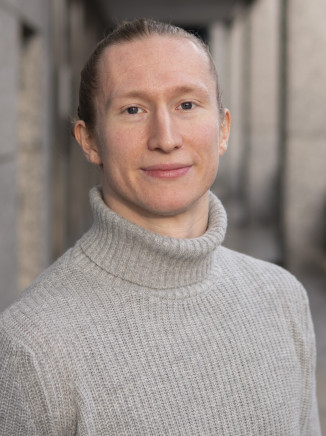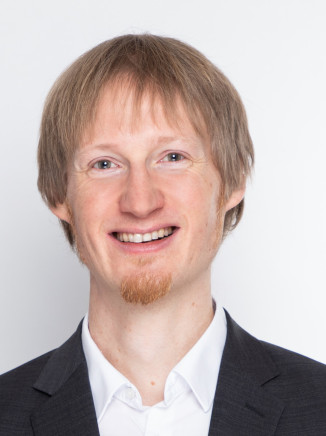Improving the playground for practical use-cases in quantum computing using Qrisp
13:20—13:40
Uncertainty Stage
Technology Value Chain / Tools & Methods
The implementation of quantum algorithms with the goal of solving industry-relevant problems typically requires a deep understanding of the use case. Additionally, a significant amount of time must be invested in analyzing and implementing potential algorithms as well as in optimizing for the underlying hardware.
This poses a barrier, e.g. for SMEs, to leverage the potential of quantum computers for their use cases. The number of experienced developers is small, and the same algorithms are implemented in different projects by different players again and again instead of focusing on use cases and comparing real runtimes of different quantum algorithms with little effort. High-level implementations with the Qrisp framework, developed by Fraunhofer FOKUS, are a game changer, making it easier to get started with quantum computer programming. Like the paradigms used in classical programming, quantum variables and functions can be accessed without the need to address individual qubits and gates. Several quantum algorithms are already implemented, and with Qrisp being housed under the Eclipse Foundation, rapid development of a greater variety of efficiently implemented algorithms is expected.
To demonstrate how Qrisp can concretely assist in solving industrially relevant problems, we will show how train scheduling problems can be solved using the Quantum Backtracking Algorithm. Due to its complexity, this algorithm has, as far as known, not yet been implemented in any other SDK. It offers the possibility to solve many combinatorial optimization problems and can avoid efficiency restrictions that occur, e.g., when using the Quantum Approximate Optimization Algorithm (QAOA). In our contribution, we will present the scheduling problem, explain the backtracking algorithm and its implementation vividly, and finally compare it with QAOA. This will show how Qrisp, and more generally structured programming, can help achieve a practical advantage with quantum computers in the future.
Speakers

